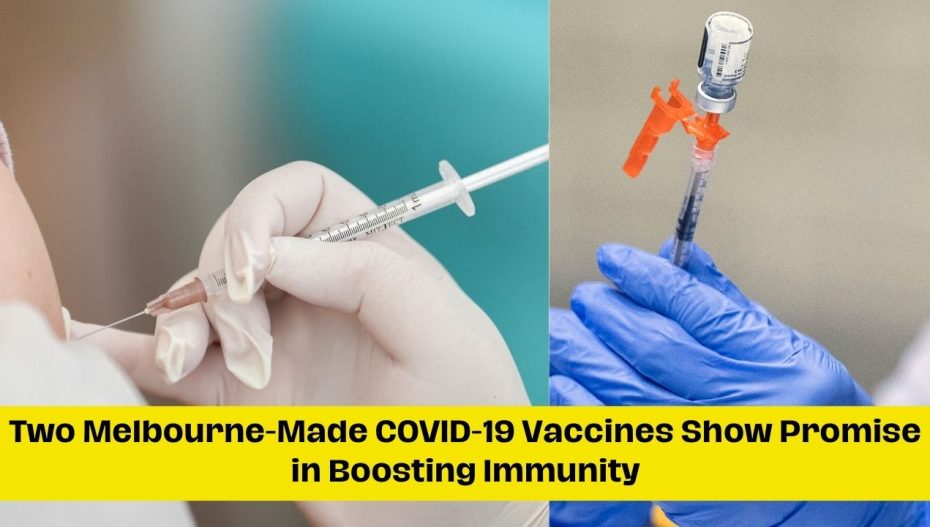Interim results from a Phase 1 clinical trial suggest that two novel COVID-19 vaccines developed in Melbourne have the potential to be a highly effective approach for boosting immunity to SARS-CoV-2 variants, including Omicron sub-variants.
The research, published in the journal eBioMedicine, involved 76 healthy adults who previously received licensed COVID-19 vaccines. They were randomized to receive a fourth dose of either a new RBD protein vaccine, an RBD mRNA vaccine, or a placebo.
Both vaccines demonstrated impressive results:
Both vaccines generated a significant increase in antibody levels against the virus, even in a population already possessing high immunity. The vaccines elicited a broad immune response, including against Omicron sub-variants, demonstrating their potential effectiveness against ongoing and future viral mutations. No safety concerns were observed with either vaccine candidate.
These promising findings are attributed to the unique design of the vaccines. Unlike existing vaccines targeting the entire spike protein, these Melbourne-made vaccines focus specifically on the receptor binding domain (RBD) – the tip of the spike protein responsible for viral entry into cells.
This targeted approach offers several advantages:
By focusing on the crucial RBD, the vaccines elicit a more efficient and focused immune response against the virus. Avoiding unnecessary immune responses against other parts of the spike protein potentially reduces the risk of “immune imprinting,” a phenomenon where prior vaccination can limit the immune response to new variants.
The focus on the RBD paves the way for developing a multivalent vaccine, capable of providing broader protection against various emerging variants.
Professor Terry Nolan, Head of the Vaccine and Immunization Research Group at the Doherty Institute, expressed his enthusiasm for the results. He emphasized the need for more effective vaccines to tackle the ongoing “waves” of COVID-19 infections. By avoiding unhelpful immune responses and focusing on the critical RBD, these Melbourne-made vaccines have the potential to provide a more efficient and broad-based approach to boosting immunity against SARS-CoV-2 variants.
Professor Colin Pouton of MIPS, who led the development of the RBD mRNA vaccine, highlighted the remarkable immune response seen even at the lowest dose tested. This promising finding suggests the possibility of developing a multivalent vaccine that can be administered annually, offering sustained protection against evolving variants.
With their robust boosting potential and promising safety profile, these RBD-focused vaccines represent a significant advancement in the fight against COVID-19. The research team is currently exploring options for progressing these vaccines to Phase 2 trials, paving the way for their potential use in the real world.
Health experts in the UK have issued a warning about a highly contagious disease known as “100-day cough” that’s rapidly spreading across the country. read more













